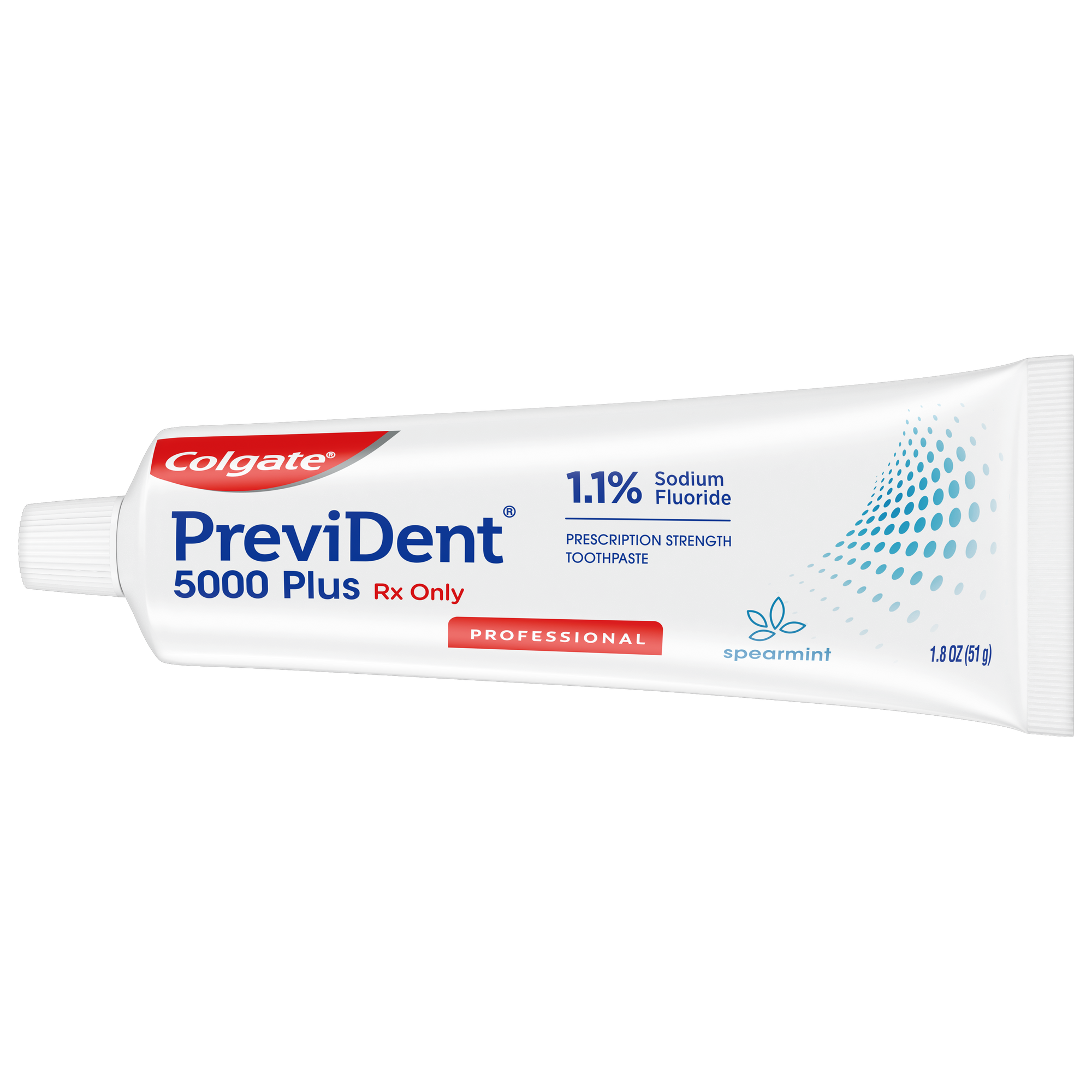So it's an understatement to say that you are not alone! But sometimes, herpes can affect the esophagus, the tube that carries liquids and foods from your mouth to your stomach. Known as herpes esophagitis, this infection can be a more serious issue than a cold sore. Let's go over its symptoms, treatment options, and how to prevent it.
Esophagitis is the general term for any irritation, swelling, or inflammation of the esophagus. Note that esophagitis is most commonly caused by acid reflux. So even if you are diagnosed with esophagitis, it does not necessarily mean you have herpes. Other infections can cause esophagitis too. The fungus Candida, for example, which is also responsible for oral thrush, usually manifests into esophagitis in people with weakened immune systems. But this article focuses specifically on HSV-caused esophagitis. If you have difficulty swallowing or pain in your throat, herpes esophagitis may be diagnosed by your dental or medical professional.
Types of HSV
Herpes is a widespread viral infection that affects most of the world. While people can be asymptomatic, herpes simplex virus type 1 (HSV-1), noted above, can result in cold sores inside or around the mouth. But did you know that, according to the WHO, most people who have HSV-1 don't even know they have it? This is because HSV can remain dormant until an illness or other condition triggers it to manifest into sores.
Herpes simplex virus type 2 (HSV-2) is predominantly associated with sores in the genital area, usually transmitted through sexual activity. Both types of the virus are contagious and can affect the mouth and genitals. HSV-1 more often causes herpes esophagitis. But HSV-2 can cause esophagitis in rare cases, most likely through oral sex. To prevent the spread, avoid sharing utensils, kissing, or engaging in sexual contact when a person carrying the virus is showing symptoms.
Symptoms of Herpes Esophagitis
It's important to note that herpes esophagitis rarely affects healthy people with functioning immune systems. It's crucial to consider this because while so many people have herpes, there's usually only a need to be on the lookout for herpes esophagitis if you have a weakened immune system. Immunocompromised groups include those with HIV/AIDS, people who have undergone an organ transplant, and those taking drugs that affect their immune system or have illnesses that weaken the immune system. Symptoms of herpes esophagitis include:
- Difficult or painful swallowing
- Sores in the back of the throat or esophagus
- Fever
- Weight loss
- General discomfort
Diagnosis of Herpes Esophagitis
A dental or medical professional will likely diagnose herpes esophagitis through endoscopy, a procedure that allows them to look down your esophagus. They will visually examine the sores in the area and take tissue samples to test for virus strains that will confirm whether or not HSV is the cause of your infection.
Treatment and Prevention
Sometimes, herpes esophagitis can resolve on its own over several weeks. If it doesn't resolve by itself, a medical professional may need to prescribe you medication. According to MedlinePlus, the three main antiviral drugs for treating herpes esophagitis are acyclovir, famciclovir, and valacyclovir. Your medical or dental professional may also recommend that you take pain medication and eat a soft, nutrient-rich diet while the infection takes time to clear over a few days or weeks.
If you believe you have symptoms, you should see a medical or dental professional for diagnosis and treatment. Contacting your dental or medical professional will help you get started on a treatment path to reduce the severity of your symptoms and speed up the healing of your herpes outbreak.
If you have a weakened immune system, it is especially important to steer clear of possible infections and see a healthcare professional if you believe you've had herpes exposure. Mayo Clinic recommends practicing proper hygiene to reduce your chances of contracting the virus in the first place. Preventive measures include washing your hands with soap and water often, avoiding skin-to-skin contact, and not sharing items that have touched the mouth of someone experiencing an HSV outbreak.
And as general guidance for prevention and catching issues early, you should keep up with regularly scheduled medical and dental checkups. Rest assured that the HSV virus affects many people across the world, and in otherwise healthy people, it rarely results in complications such as herpes esophagitis. And if you do have herpes esophagitis, you're now equipped with the knowledge to seek treatment confidently!
This article is intended to promote understanding of and knowledge about general oral health topics. It is not intended to be a substitute for professional advice, diagnosis or treatment. Always seek the advice of your dentist or other qualified healthcare provider with any questions you may have regarding a medical condition or treatment.
ORAL HEALTH QUIZ
What's behind your smile?
Take our Oral Health assessment to get the most from your oral care routine
ORAL HEALTH QUIZ
What's behind your smile?
Take our Oral Health assessment to get the most from your oral care routine















